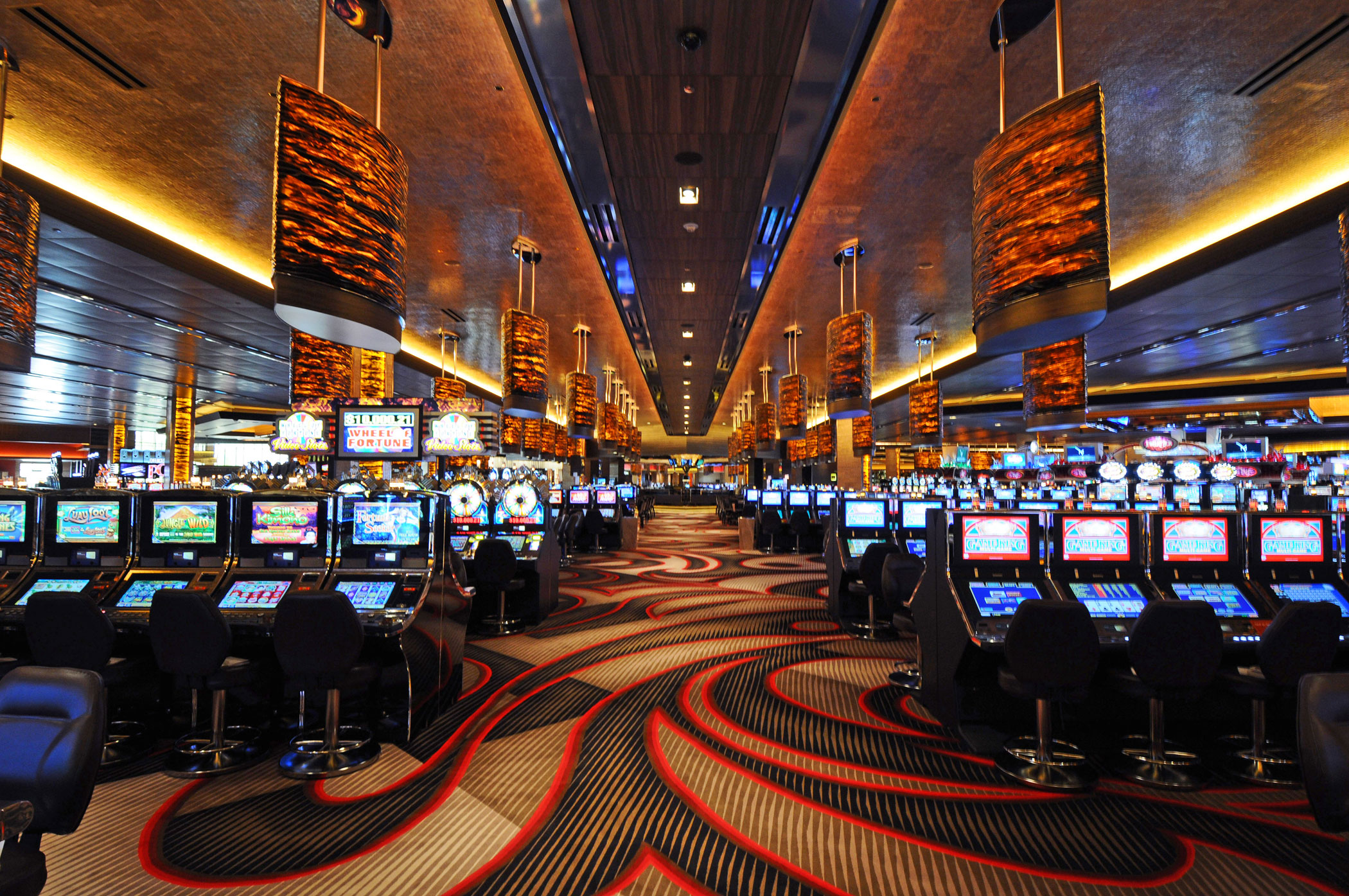
Casino entertainment have long been a captivating source of amusement, drawing millions of players from diverse cultures around the globe. From the opulent casinos of Vegas to the thriving gambling halls of Macau, these games serve as a bridge that unites people across a variety of backgrounds. The allure of chance, skill, and uncertainty entices not only those looking to strike it rich but also those in search of a shared experience.
The influence of casino games extends well beyond the gaming floor. They often represent the social norms and traditions of the cultures in which they prosper. Games such as poker, pontoon, and roulette have integrated into the mosaic of mainstream culture, influencing multiple fields from cinema to clothing. As we explore this captivating intersection of luck and society, we can gain insights into how gambling games shape and are affected by the world around us.
Historical Evolution of Casino Games
The beginnings of gambling activities can be followed back to ancient civilizations, where betting in various forms was extensively practiced. In Ancient China, around 2300 B.C., a type of lottery known as Keno was popular, while in ancient the Roman Empire, soldiers would often bet on the outcomes of their contests. The idea of using luck for entertainment and gain evolved over the centuries, leading to the formation of more organized activities. By the late Middle Ages, gambling houses initiated to emerge in Europe, notably in the Italian peninsula, which presented early incarnations of well-liked games still played today.
As gambling gained popularity in Europe, the 17th and 18th centuries saw the appearance of gaming houses as specialized establishments for gaming. The first official gaming venue, the Ridotto, was founded in the Venetian city in 1638, featuring games like Baccarat games and Faro. This time marked a crucial pivoting point, as gaming venues started to welcome not just the elite but also the expanding middle class. The refinement of games grew, leading to the creation of new rules and variations that enhanced the experience of players.
In the 19th century, the industrial revolution and shifts in social standards also transformed the landscape of gambling activities. The introduction of roulette and new gaming machines pulled in a larger audience, and gaming houses became seen as legitimate recreation. Good88 This era witnessed the worldwide proliferation of gambling, as casinos spread from European nations to the Americas, culminating in the establishment of the iconic Las Vegas Boulevard in the twentieth century. The evolution of gaming activities has continued into the present day, incorporating technology and online sites, making them accessible to a universal audience.
### Cultural Significance in Various Cultures
Casino games have deep-rooted social importance across a multitude of communities around the planet. Places like Las Vegas, the very core of the urban landscape is woven around casinos, where playing is not just a pastime but a fundamental aspect of social engagement and social interaction. The bright lights and vibrant atmosphere attract millions, showcasing how gambling activities can impact local economical structures and cultural uniqueness. This environment transforms the notion of leisure into an engaging experience that influences fashion, music, and even film.
In contrast, some communities treat betting with an air of caution, seeing it through the lens of ethical beliefs and customs. A case in point, in numerous Oriental communities, games like Mahjongg and Pai Gow are rich with history and have significant social relevance. These games are often played during meetings and occasions, fostering community bonds and reinforcing family ties. The act of engaging in these games goes above mere amusement, reflecting principles such as deference to seniors and the importance of communal fun.
At the same time, in continental countries such as Monte Carlo and the Italian Peninsula, casino games serve as symbols of wealth and refinement. The elegant atmosphere of these locations attracts both tourists and native inhabitants, maintaining a sense of prestige and rarity. The art of Texas Hold’em and the strategic features of games like the game of baccarat are appreciated, influencing community relationships and establishing an appeal that enthralls a diverse audience. This emphasizes how games of chance can simultaneously echo and mold societal views towards hazard, reward, and community interaction.
Economic Impact and Tourism
Casino games play a crucial role in the financial context of many areas, particularly those that rely heavily on visitor traffic. The revenue produced from gambling establishments fuels local financial systems, creating jobs not only within the casinos but also but also in connected industries such as hotel management, dining, and recreation. This surge of tourists, drawn by the allure of games and the overall casino experience, stimulates spending across multiple businesses, contributing to the economic health of the region.
The presence of casinos often leads to the construction of facilities, including lodging, public transit, and recreational facilities. These developments are essential in improving the overall tourist experience, making destinations more appealing to visitors. Additionally, many casinos contribute in local communities through sponsorship of activities and philanthropic initiatives, further embedding themselves into the social fabric of the region. Such contribution not only supports economic growth but also fosters a positive reputation of the casino industry.
Moreover, the worldwide appeal of casino games drives competitive tourism, with locations vying to attract gamblers from around the world. Iconic destinations like Las Vegas and Macau have become synonymous with casino culture, drawing millions annually. This competitive edge encourages creativity and diversification within the gaming industry, influencing developments in leisure and hospitality that resonate beyond their borders. The consequences of this tourism extend wide, impacting local financial health and cultural exchanges on a global scale.